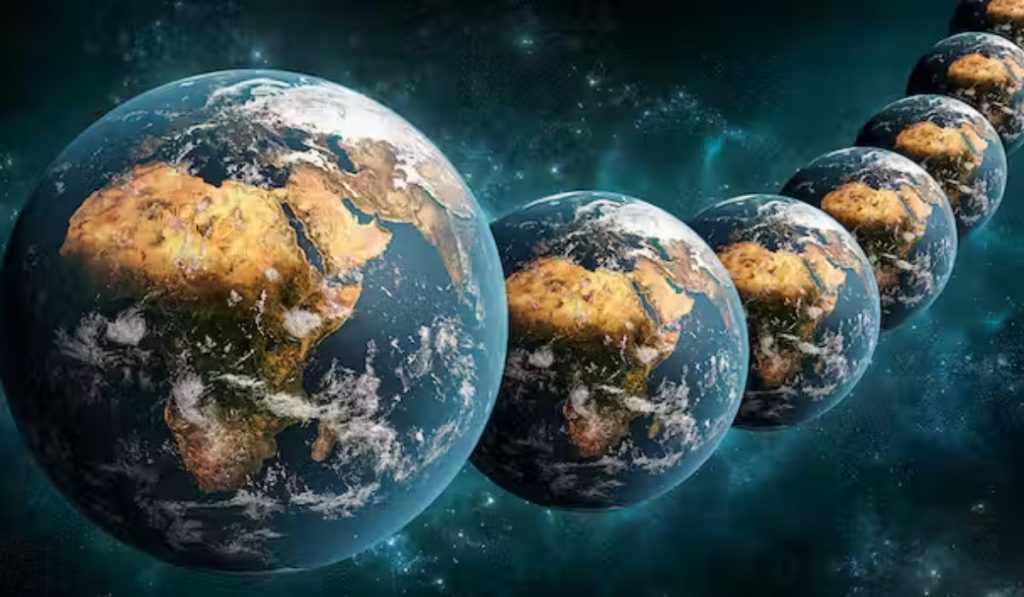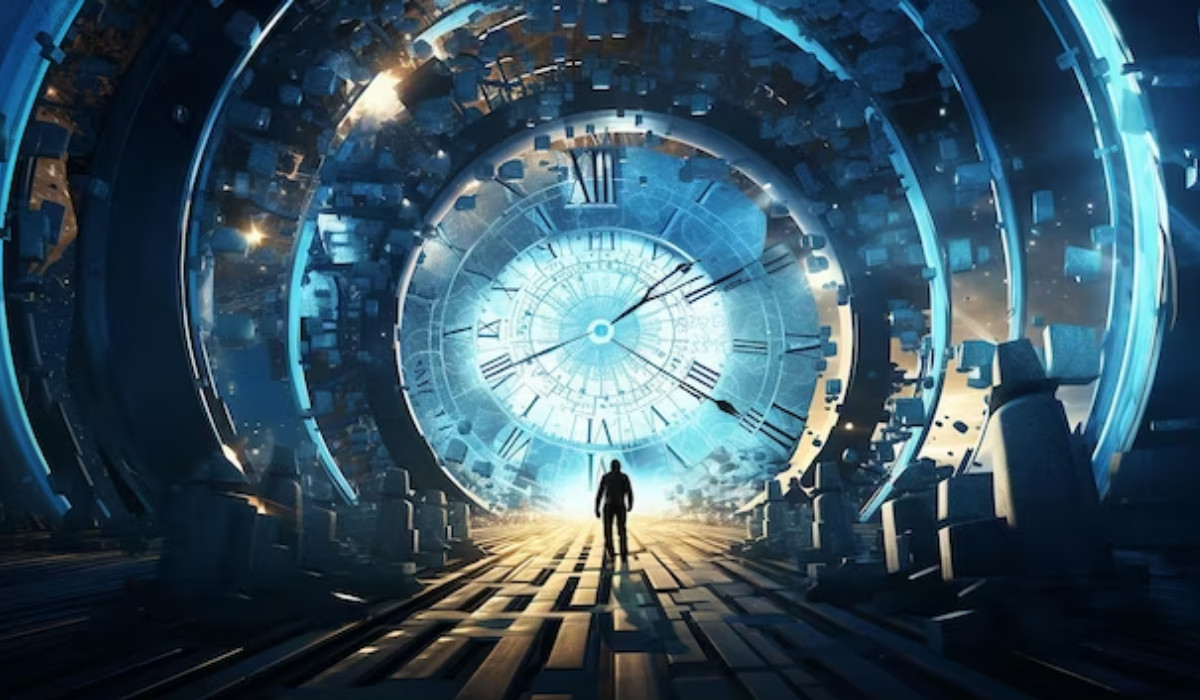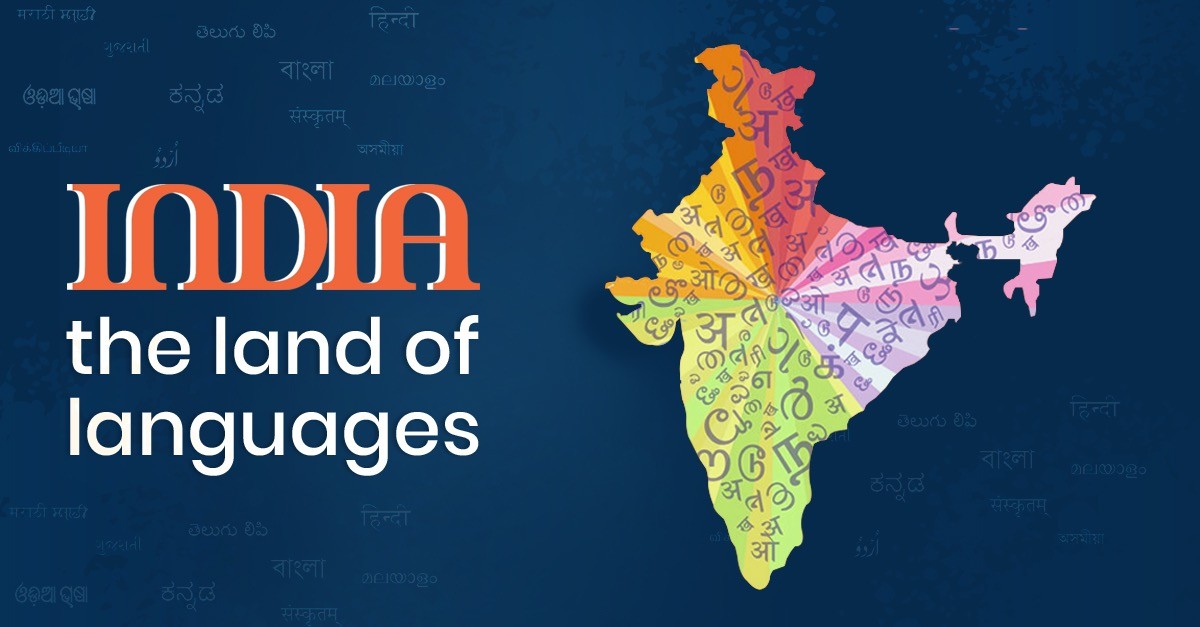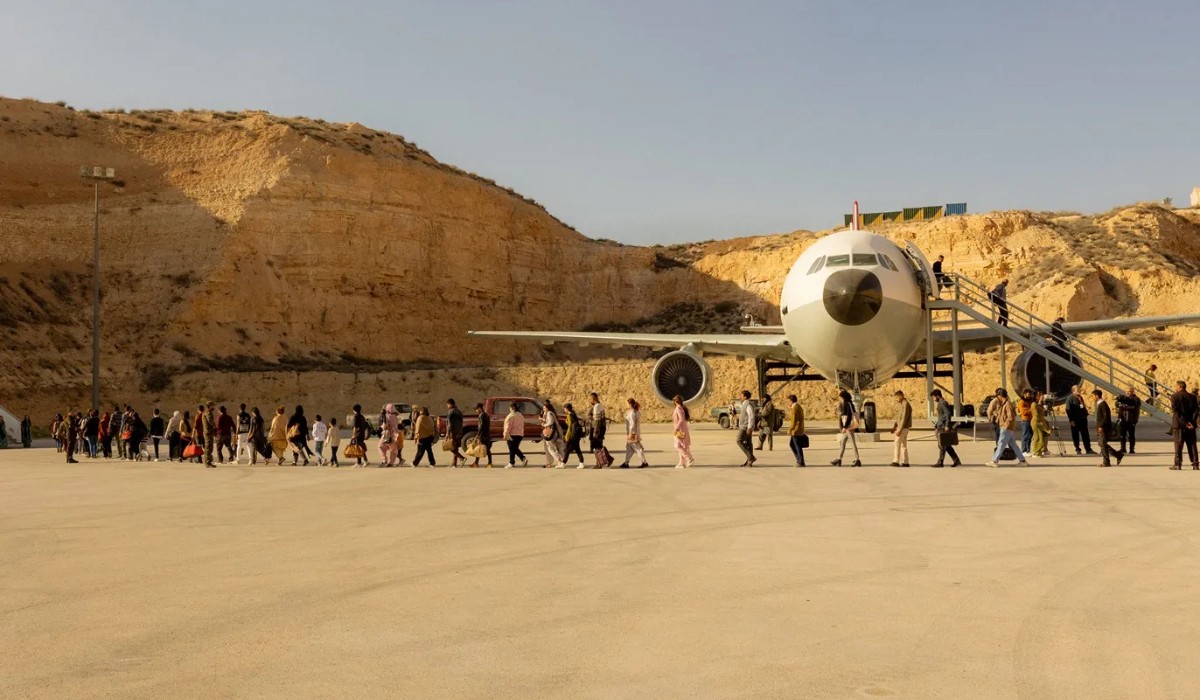Time travel has long been a captivating concept in science fiction, stirring the imagination and sparking curiosity. The notion of journeying backward or forward in time, altering the course of history, or witnessing historical events has fascinated people for centuries. But what exactly is time travel, and is it a possibility in the realm of science, or does it remain firmly in the domain of fiction? Let’s explore the intriguing concept of time travel.
Defining Time Travel
Time travel refers to the hypothetical ability to move between different points in time, either backward or forward, as effortlessly as one would travel between physical locations. It involves the manipulation of time, allowing individuals or objects to exist in a period different from the present.

Theories of Time Travel
While time travel is a popular concept, it’s important to distinguish between various theories and possibilities:
- Special Relativity: Albert Einstein’s theory of special relativity introduced the idea that time is relative. According to this theory, time can pass at different rates for observers in different reference frames. This effect becomes more pronounced at speeds close to the speed of light.
- Wormholes: Wormholes, also known as Einstein-Rosen bridges, are theoretical passages through spacetime that could potentially connect distant points in space and time. If they exist and can be stabilized, they might offer a means of time travel.
- General Relativity: Einstein’s general theory of relativity allows for the bending of spacetime by massive objects. In theory, this bending could create closed timelike curves, which might permit time travel.
- Quantum Mechanics: Some interpretations of quantum mechanics suggest the existence of parallel universes or multiple timelines. Traveling between these timelines could be a form of time travel.
Also Read: Exploring the Boundless Realms of Time: Must-Read Time Travel Books
Time Travel in Science Fiction
Time travel has been a popular trope in science fiction literature, film, and television for decades. Works like H.G. Wells’ “The Time Machine” and movies such as “Back to the Future” have contributed to the allure of time travel as a storytelling device. However, it’s crucial to note that these fictional portrayals often involve creative liberties and paradoxes, which may not align with the laws of physics as we currently understand them.
Paradoxes and Challenges
Time travel concepts often bring forth paradoxes, such as the famous “grandfather paradox.” This paradox suggests that if one were to travel back in time and prevent their own grandfather’s meeting with their grandmother, it could create a contradiction in which the time traveler would cease to exist. Such paradoxes highlight the complexities and challenges inherent in the concept of time travel.

The Scientific Reality
As of now, time travel remains firmly in the realm of theoretical physics and science fiction. While some scientific theories suggest the possibility of time dilation and spacetime manipulation, we have yet to develop the technology or empirical evidence to support practical time travel.
A Fascinating Concept
Time travel continues to be a captivating subject of exploration in the realms of science and imagination. While it remains unproven and speculative, the concept of time travel challenges our understanding of the universe and the nature of time itself. As science advances and our comprehension of the cosmos deepens, the possibility of unlocking the mysteries of time travel may one day transition from fiction to fact. Until then, time travel remains a tantalizing mystery, inspiring endless wonder and curiosity.
Also Read: Elon Musk’s X Rolls Out Audio And Video Calling For Some Users











